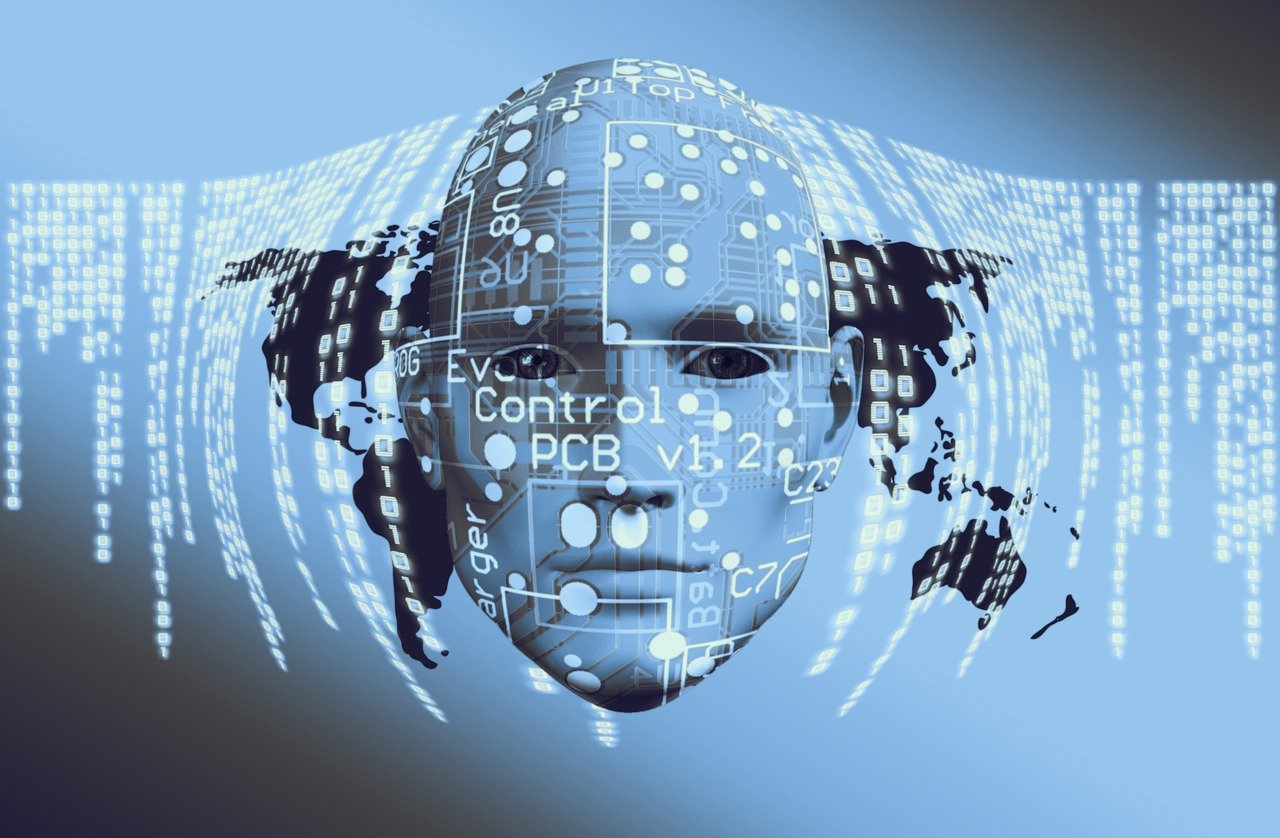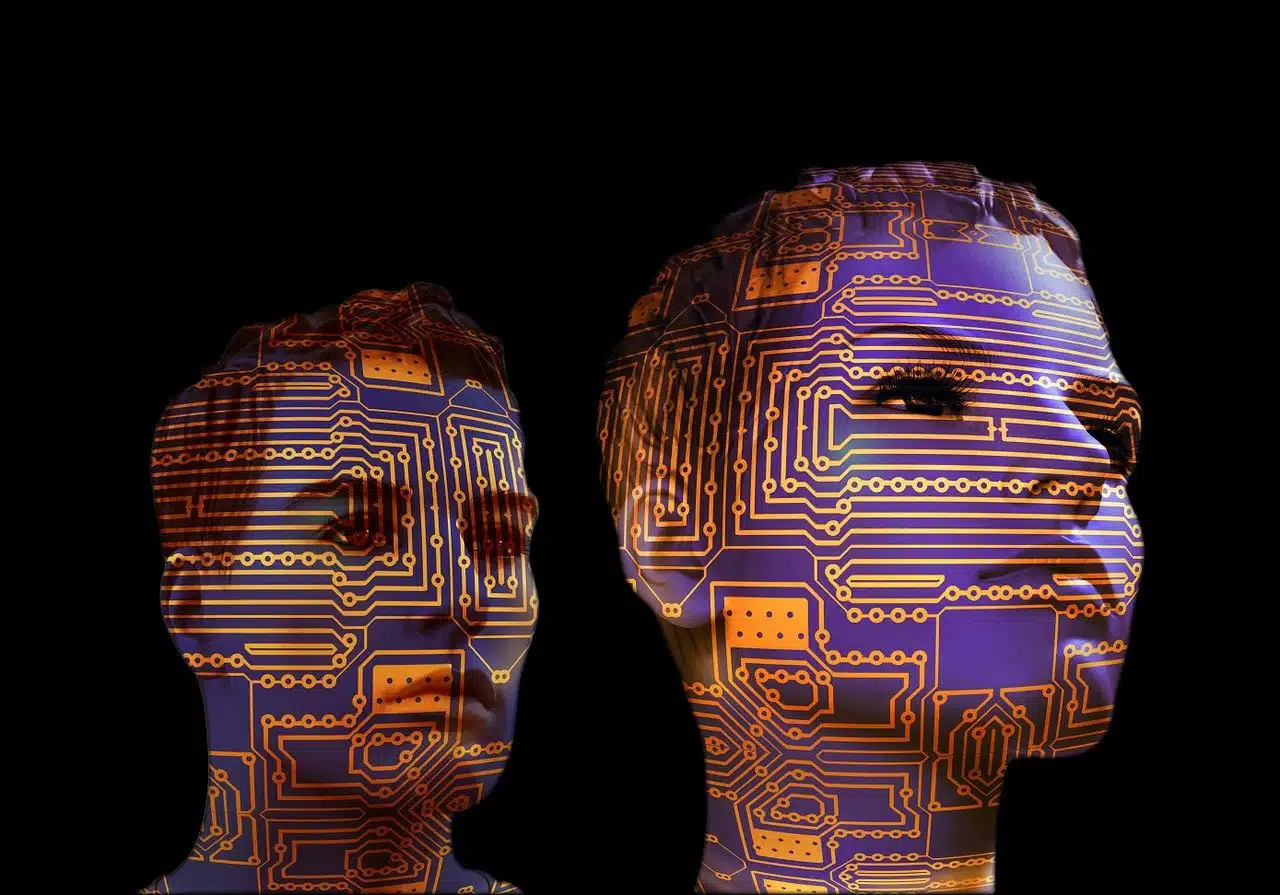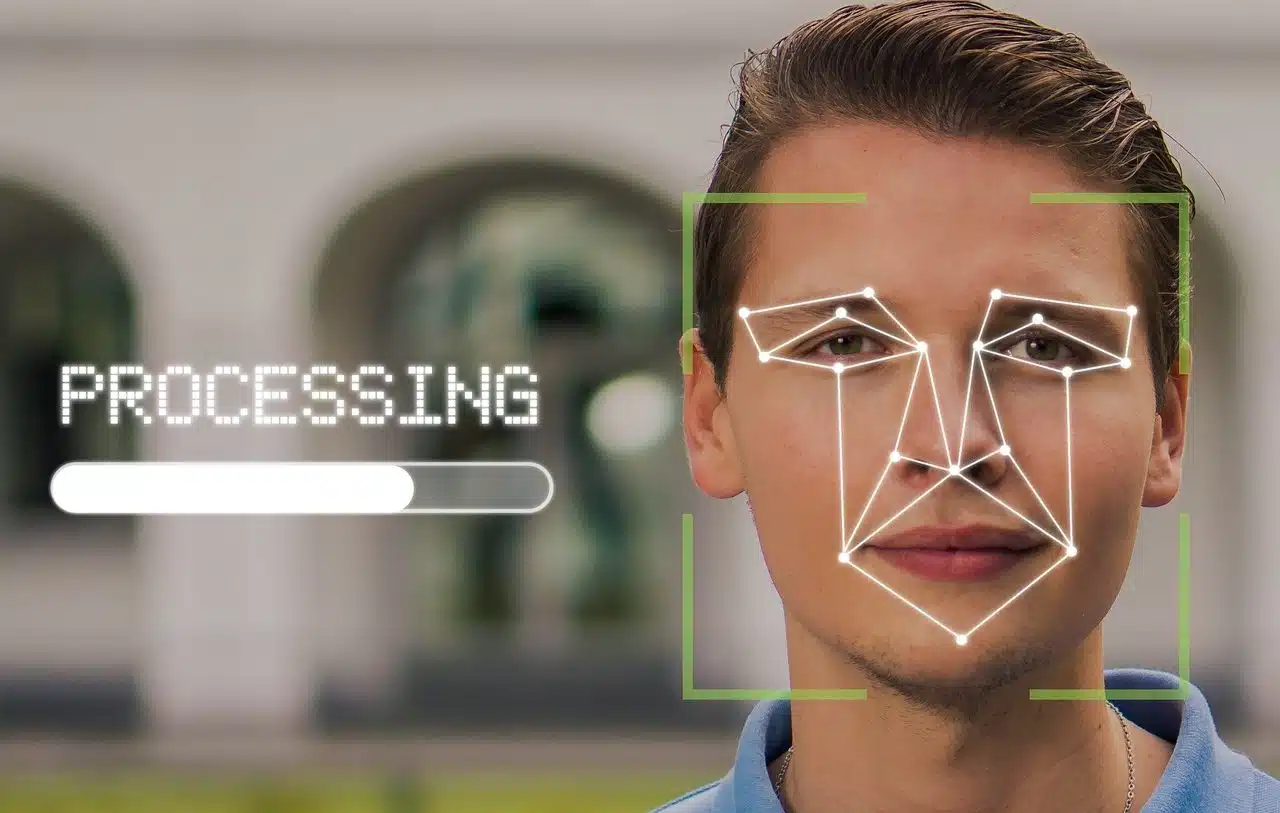
The idea of artificial intelligence is associated with a non-living rational agent.
Artificial intelligence is a system created by humans that is constituted as a non-living rational agent . Rationality , in this case, is understood as the ability to maximize an expected result.
Artificial intelligence, therefore, consists of the design of processes that, when executed on a physical architecture, produce results that maximize a certain measure of performance . These processes are based on sequences of inputs that are perceived and stored by the aforementioned architecture.
It should be noted that intelligence is linked to knowing how to choose the best options to solve some type of problem . There are various types of intelligence according to their attributes and processes, such as operational intelligence, biological intelligence or psychological intelligence.
Artificial , on the other hand, is an adjective that indicates something made by hand, art or ingenuity of man . The artificial also allows us to name what is unnatural or false .
Devices with artificial intelligence
Devices that have artificial intelligence can execute different processes analogous to human behavior, such as returning a response for each input (similar to the reflex acts of living beings), searching for a state among all possible ones according to an action or problem resolution through formal logic .
Currently, one of the most popular forms of artificial intelligence that exists is that used in computer games and video games in general, given that its consumption is massive. In this context, it is applied to enemies and characters controlled by the computer, so that their actions throughout the interactive experience are credible and appear spontaneous. Needless to say, the type of artificial intelligence used in each case is different and responds to a series of particular needs.
Before continuing, it is important to clarify that the concept should not be misinterpreted due to the presence of the term intelligence , which is also often understood and used incorrectly: a virtual entity with advanced artificial intelligence is not necessarily fast and skillful ; programming a being whose prominent clumsiness and slowness seem believable also requires a lot of work in this field.
An example that makes the explanation easier is found in racing video games; If we go back in time about three decades, to the mid- 90s , thoroughly analyze a respected title within this genre and compare it with an equivalent one today, we will surely notice that the rival cars make many more mistakes today. day. Are they less intelligent? On the contrary, its artificial intelligence is many times greater, which allows a more precise emulation of the skill and potential mistakes of a real driver.

Artificial intelligence has multiple applications.
Its use in scientific research
Without a doubt, one of the most interesting and significant applications of artificial intelligence is scientific research . With the help of a computer, and even more so a set of them, the possibilities of human beings to discover the mysteries that they have been pursuing so passionately for centuries are considerably enhanced.
When these devices are given the ability to learn and discern, they become entities that border on the capabilities of a superman, given that they reach processing speeds impossible for us and that they do not need to rest to function, among other advantages that place them over living beings in this context.
Machine learning is one of the resources of artificial intelligence. Through neural networks (which imitate the functioning of the human brain) and deep learning ( machine learning algorithms that aim to model abstractions), the systems manage to learn from their own experiences and thus achieve an optimization of their operation. . Pattern recognition and natural language processing ( NLP ), thus, are some of the tasks that can be carried out thanks to artificial intelligence.

Artificial intelligence can be used for facial recognition and object detection.
Various applications of artificial intelligence
As we have already seen, the applications of artificial intelligence are numerous. It is not usually the creation of robots or automatons as shown in the movies, but rather simpler (within the complexity of the topic) or everyday resources.
Virtual assistants like Siri ( Apple ), Alexa ( Amazon ) and Google Assistant , for example, turn to these tools. Also chatbots that allow conversations to be held via chat.
Artificial intelligence also allows us to work with enormous amounts of data ( big data ), enabling classification, predictive analysis and task automation.
Autonomous vehicles, automated medical diagnosis, algorithmic trading, recommendation systems, automatic translation , spam filtering, ad personalization, voice recognition , route optimization and even content creation are also possible through artificial intelligence.
A Steven Spielberg movie
"Artificial Intelligence" is also a film directed by Steven Spielberg that was released in 2001 . Its plot is based on the story of a robot created by a scientist to replace a human child; Throughout the story he shows little by little that he is far from being a computer, since he can feel.
The film is based on a story by Brian Aldiss and includes elements taken from Pinocchio .
